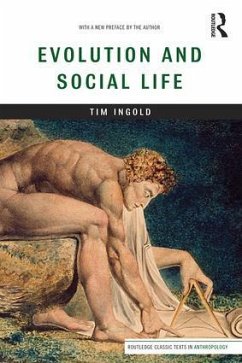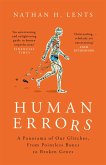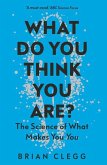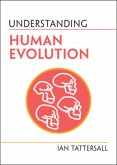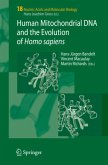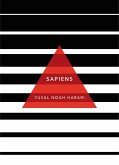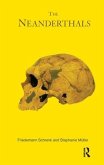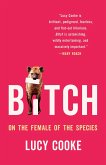Evolution is among the most central and most contested of ideas in the history of anthropology. This book charts the fortunes of the idea from the mid-nineteenth century to recent times. By comparing biological, historical, and anthropological approaches to the study of human culture and social life, it lays the foundation for their effective synthesis. Far ahead of its time when first published, the book anticipates debates at the forefront of contemporary thinking. Revisiting the work after almost thirty years, Tim Ingold offers a substantial new preface that describes how the book came to be written, how it was received and its bearing on later developments. Unique in scope and breadth of theoretical vision, Evolution and Social Life cuts across the boundaries of natural science and the humanities to provide a major contribution both to the history of anthropological and social thought, and to contemporary debate on the relationship between human nature, culture, and social life.
Hinweis: Dieser Artikel kann nur an eine deutsche Lieferadresse ausgeliefert werden.
Hinweis: Dieser Artikel kann nur an eine deutsche Lieferadresse ausgeliefert werden.

